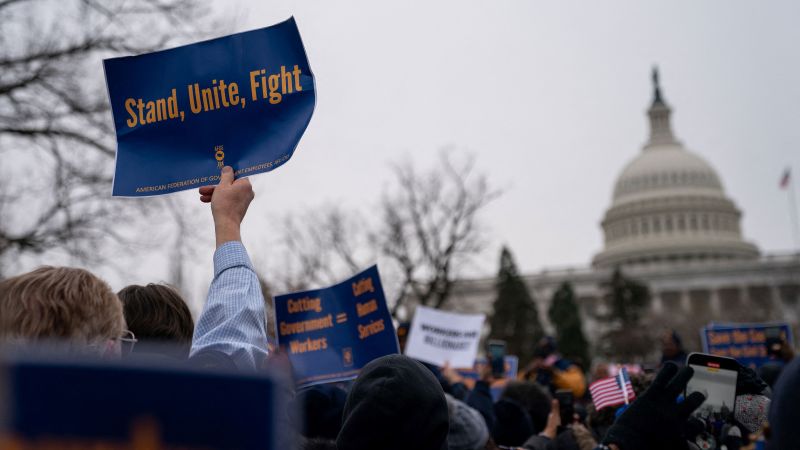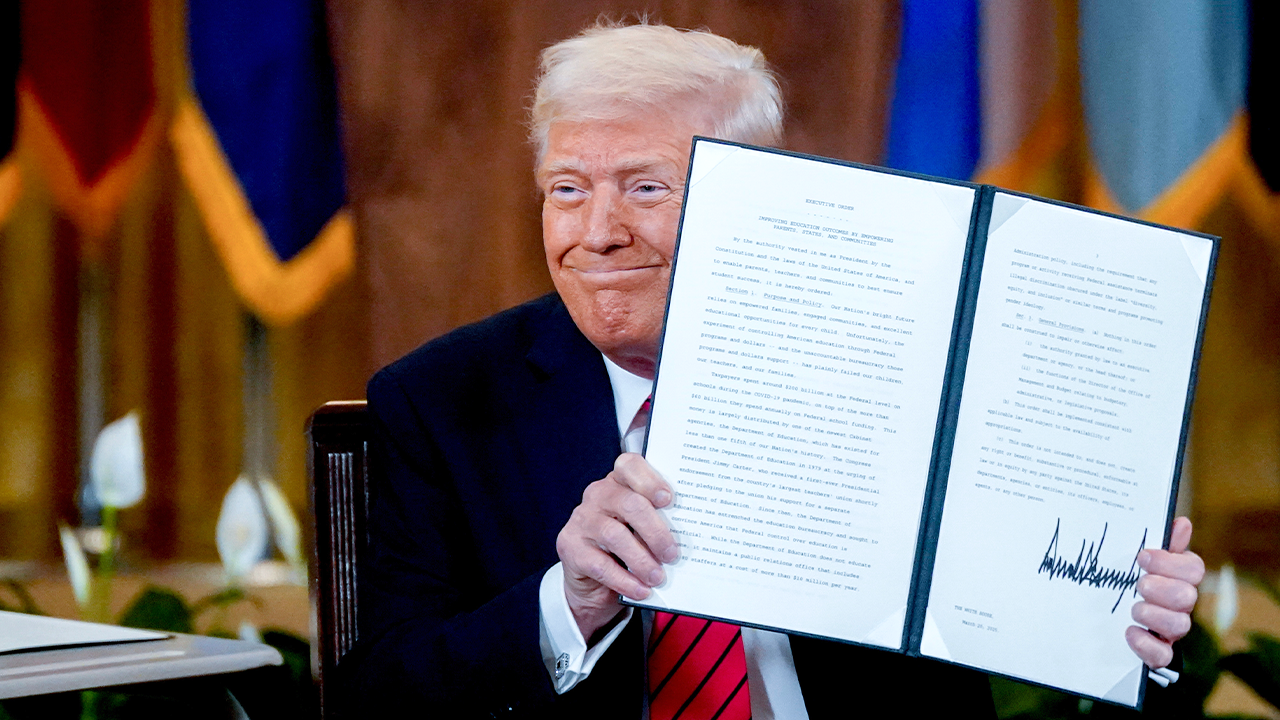Trump Signs Executive Order to End Collective Bargaining for National Security Agencies
President Trump takes decisive action to end collective bargaining for federal unions in national security agencies, citing national security concerns and union obstructions.
Overview
President Trump signed an executive order to terminate collective bargaining with federal unions in agencies related to national security, claiming it's necessary for efficient operations. The order affects various departments, including Defense and Justice, and has drawn immediate backlash from unions like the AFGE, which plans to challenge it legally. The administration cites ongoing union grievances as obstruction to Trump's policies, asserting the need for a responsive civil service. This marks a significant escalation in the administration's efforts to reshape federal workforce dynamics.
Report issue

Read both sides in 5 minutes each day
Analysis
- President Trump signed an executive order to end collective bargaining for federal unions in national security agencies, citing the Civil Service Reform Act of 1978 as his authority.
- The American Federation of Government Employees (AFGE) and other unions have condemned this move as an attack on workers' rights, promising legal action in response.
- The administration argues that the order is necessary to ensure federal agencies can operate effectively and respond to national security needs without union obstruction.
Articles (3)
Center (1)
FAQ
No FAQs available for this story.
History
- This story does not have any previous versions.

